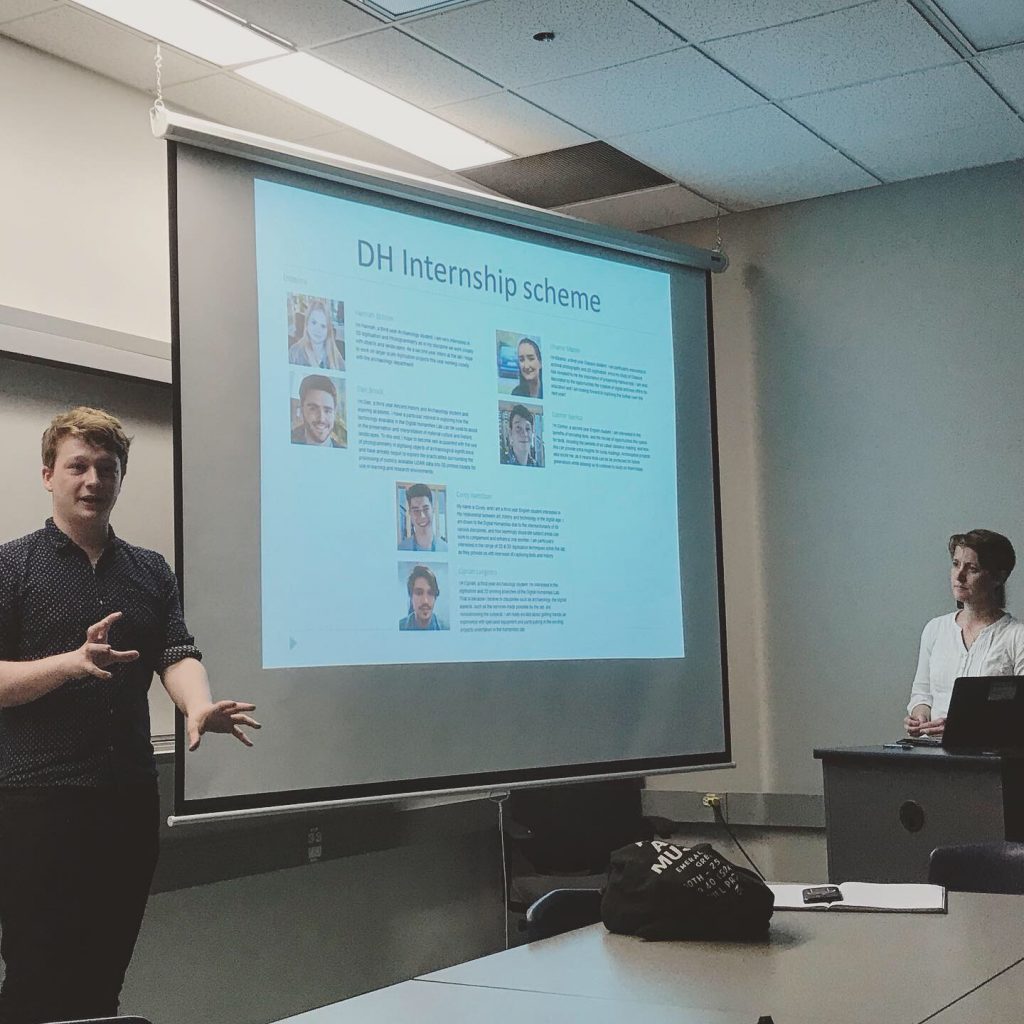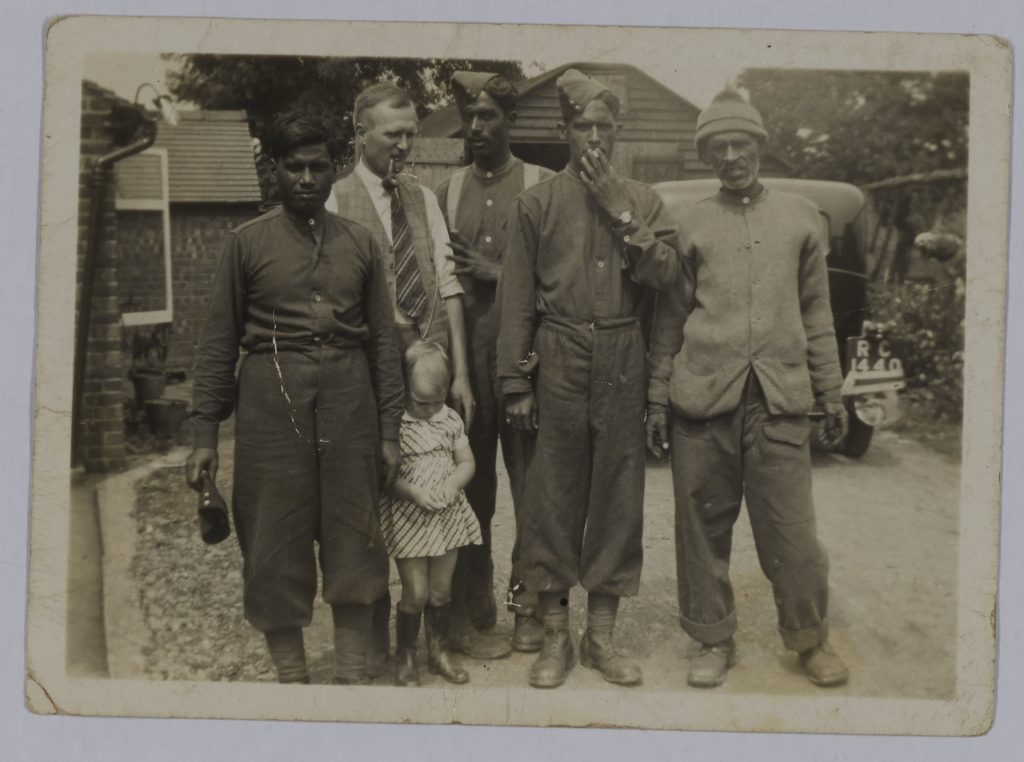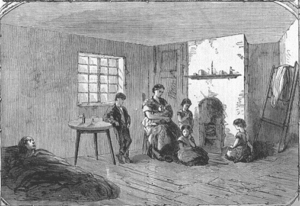In June, the Digital Humanities team recruited six new College of Humanities undergraduates to advisory intern positions, based in the Digital Humanities Lab. The interns commenced work with us at the beginning of the new academic year, and we are pleased that our new cohort are joining us for a much longer internship. We received an impressively large number of applications and, following a competitive interview process, we were pleased to appoint candidates with a keen interest in the field, enthusiasm, strong problem-solving skills, and an interest in careers within the Digital Humanities.
The team have put together an introduction to their roles below, and some background on their own interests. The team bring with them positive energy and new perspectives on our projects and we welcome them and their ideas to the Digital Humanities Lab research community:
Hello! We are Hannah, Eleanor, Ciprian, Connor, Corey and Dan, and we make up the Digital Humanities Advisory Intern Team 2018/19. Over the next academic year we will be assisting our colleagues in their research endeavours and helping with the day-to-day running of the lab.
After our initial training, we are already enjoying experimenting with using the 3D printers and other equipment, and we are settling into our advisory desk work and lab duties. We looking forward to expanding our skills and applying them to external and personal projects over the coming year. Continue reading →

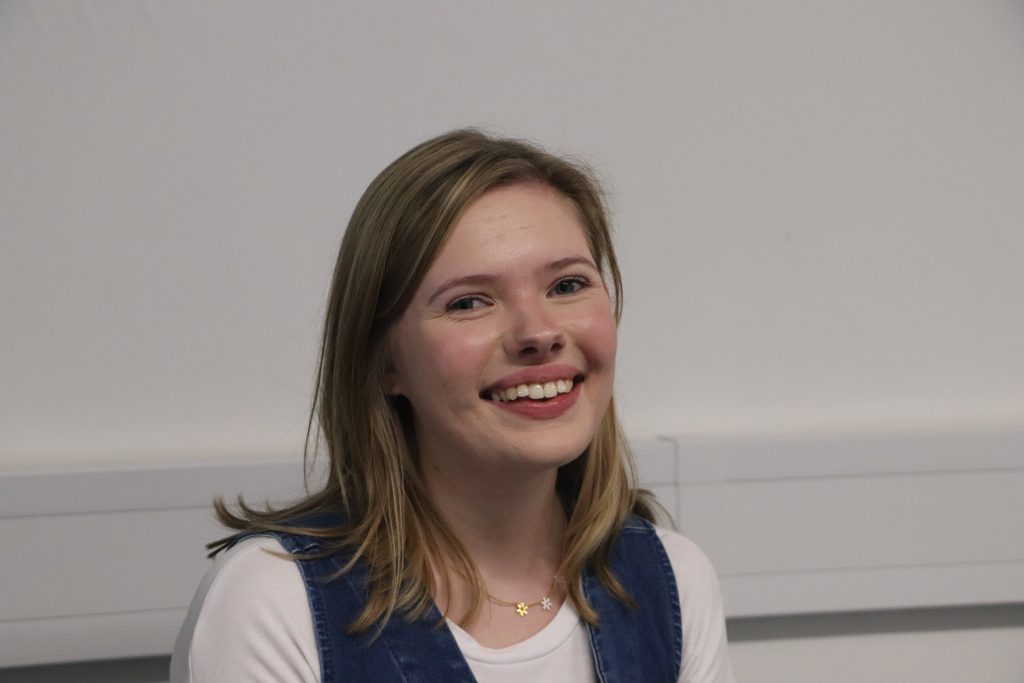

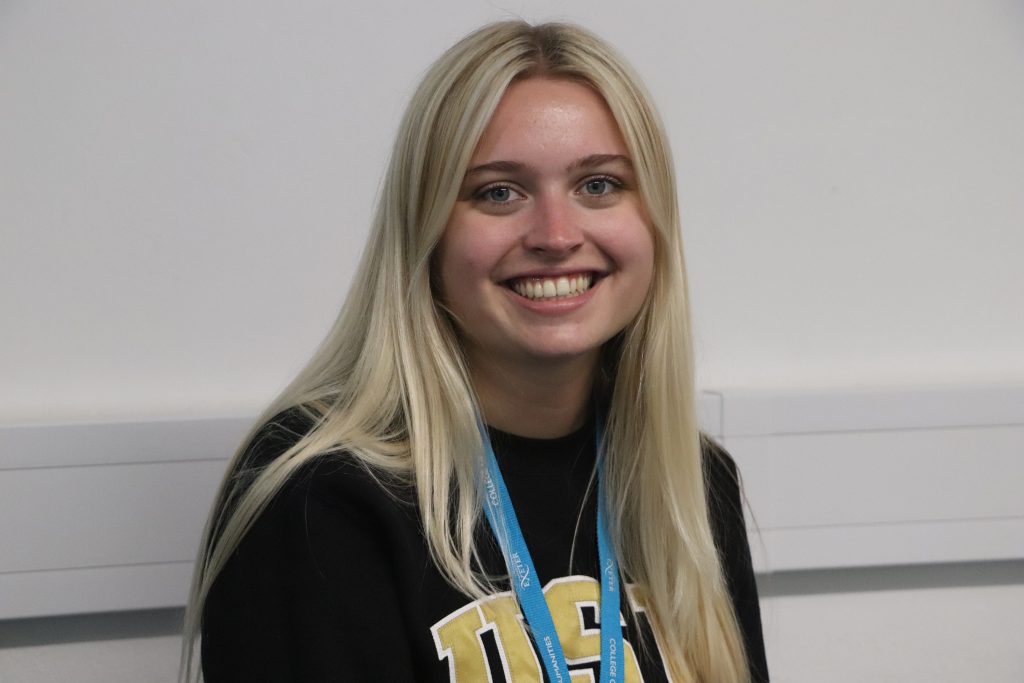 Name: Sophie
Name: Sophie